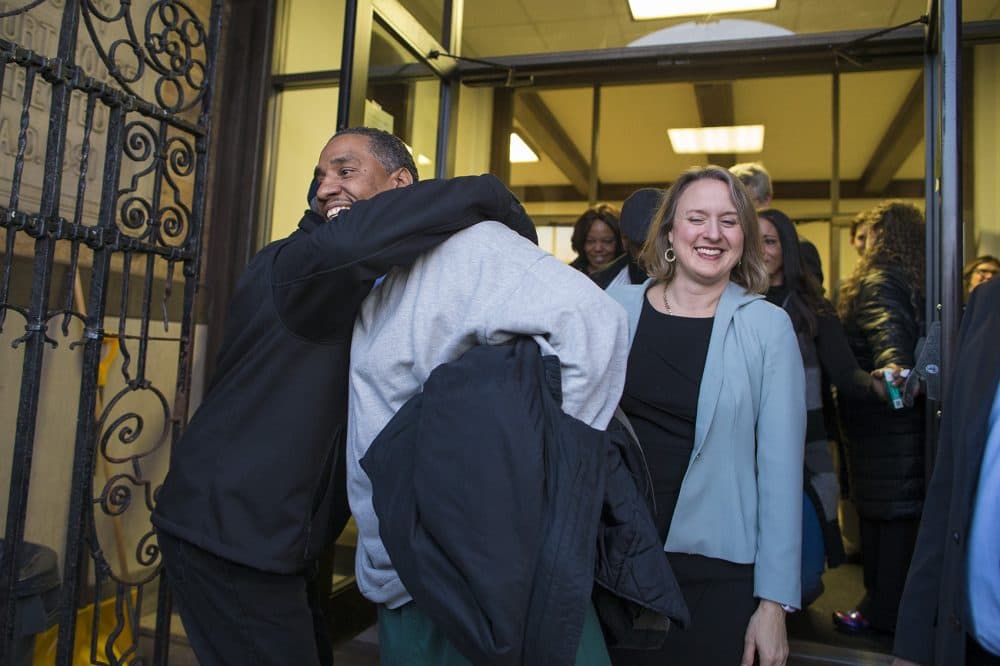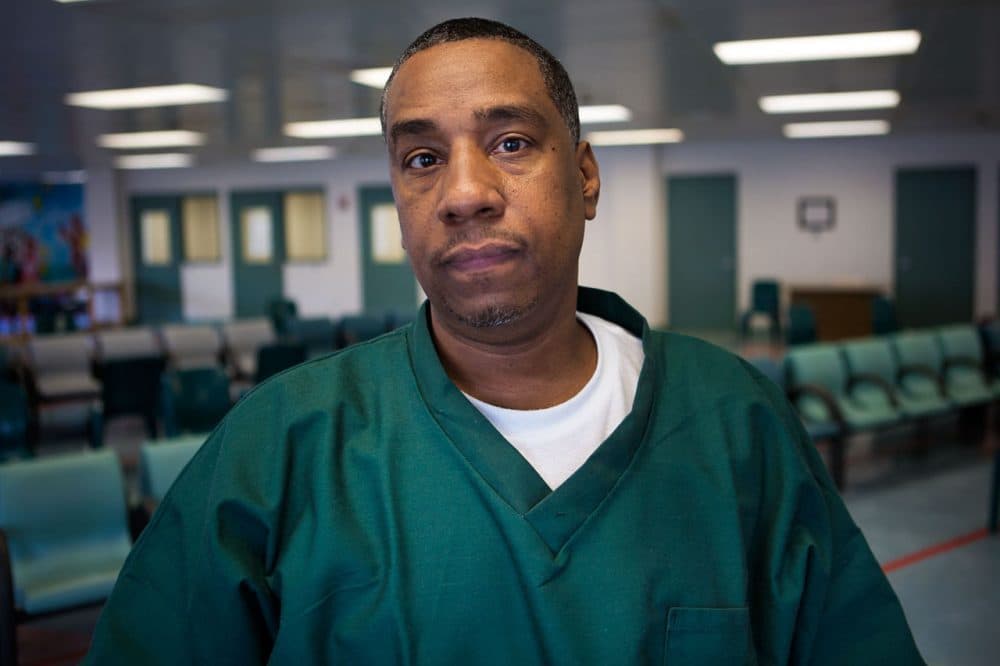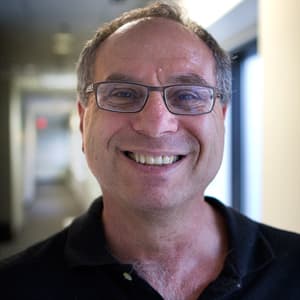Advertisement
Freed After 32 Years In Prison, Darrell Jones Will Be Tried Again In 1986 Murder Case

A man who was freed in 2017 after serving 32 years in prison will be retried this week for the same murder he was convicted of decades ago.
Darrell Jones, now 51, was sentenced to life without the possibility of parole in the shooting death of Guillermo Rodriguez in a Brockton parking lot in 1986.
Jury selection in Jones' new trial begins Tuesday. If convicted, he could once again face life in prison without the possibility of parole.
Jones has been free for the past year and a half. Massachusetts Superior Court Judge Thomas McGuire vacated the original trial decision, finding justice had not been served. New scientific evidence, introduced by the defense team, found a critical videotape of an eyewitness had been deliberately altered by the Brockton Police Department and a detective had given false testimony at the original trial and at a hearing in 2017.

The judge, citing evidence uncovered by WBUR, also found a member of the all-white jury was racially prejudiced.
The case against Jones was based entirely on eyewitness testimony. There was no physical evidence linking Jones to the murder. No motive was given either, and the two men, Jones and Rodriguez, did not know each other.
Detectives homed in on Jones just hours after the fatal shooting in the parking lot across the street from the former Pete & Mary's bar. A confidential informant, who was never called to testify, gave police information "he heard on the street" that led to Jones' arrest six days later.
Police interviewed seven eyewitnesses, showing them arrays of photos. Their grand jury and courtroom testimonies of the shooting often contradicted each other, themselves and Brockton detectives. None of the witnesses could identify Jones in court either, and defense attorneys say the same photo identification methods used then are no longer valid or used today.
Advertisement
Several witnesses who testified at evidentiary hearings to determine if the original conviction should be overturned also said police had harassed them. One said she was threatened with prison time and with having her child taken away from her if she did not identify photographs.
A Tough Case To Retry
Plymouth Assistant District Attorney Jessica Kenny hopes to prove eyewitnesses are feigning their loss of memory, but she faces a tough battle in retrying Jones. Critical portions of the altered videotape will not be shown to jurors and much of the eyewitness testimony from Det. Donald LaGarde, the lead investigator in the original case, has been excluded from being used in the new trial.
On the third day of Jones' trial in 1986, defense attorney Kenneth Elias told the court he represented LaGarde — and all the Brockton detectives who testified as prosecutorial witnesses — in private legal matters.
Superior Court Judge Cornelius Moriarty II, who will sit on the new trial, ruled in pretrial hearings that Elias' legal relationship with the police officers was a conflict of interest and that all of LaGarde's notes and testimonies would be excluded from the new trial. LaGarde died in 2003.
Last week, following the decision to exclude LaGarde's material, Kenny told Moriarty, “We have spent the last couple of days trying to piece together what remains of the commonwealth’s case at this point."
She also asked to interview three key witnesses later Monday to determine if they were feigning forgetfulness.
"There were a number of witnesses who had inexplicable memory loss about some very significant issues," she said. "Normally, it’s not something [the] commonwealth would ask court to take up in advance, … but we’re getting to a point where I’m a little concerned about what I might be able to say in my opening [statement]."
Moriarty granted her the motion.
"You can’t take advantage of the same boy as I was at 19, today."
Darrell Jones
Jones' Representation
Last week, Darrell Jones entered a motion to represent himself at trial — a move that Moriarty admonished Jones for, saying it would distract his attorney during court proceedings.
Jones reasoned that at his original trial, his lawyer, Elias, had him sit behind him in the prisoner docket, and he could not talk or consult with Elias as the trial proceeded. Elias' law license was later suspended in a separate case after he was found to be stealing client funds.
Jones said prosecutor Kenny offered him a plea deal: time served in exchange for a guilty plea.
"I would never take an offer," said Jones, recalling how he was offered a six- to eight-year deal in 1986. "I went to jail [for] 32 years ... when I could have done four years."

Jones said that if he hadn't taken his original plea deal, he wouldn't have had to give up his son and family and wouldn't have lost contact with the world.
"I just want the truth out ... the facts out … and I can live with that," he said. "Let the witnesses come in and say whatever they want ... but say it here with me as part of the trial this time.
"You can’t take advantage of the same boy as I was at 19, today."
This segment aired on May 20, 2019.
